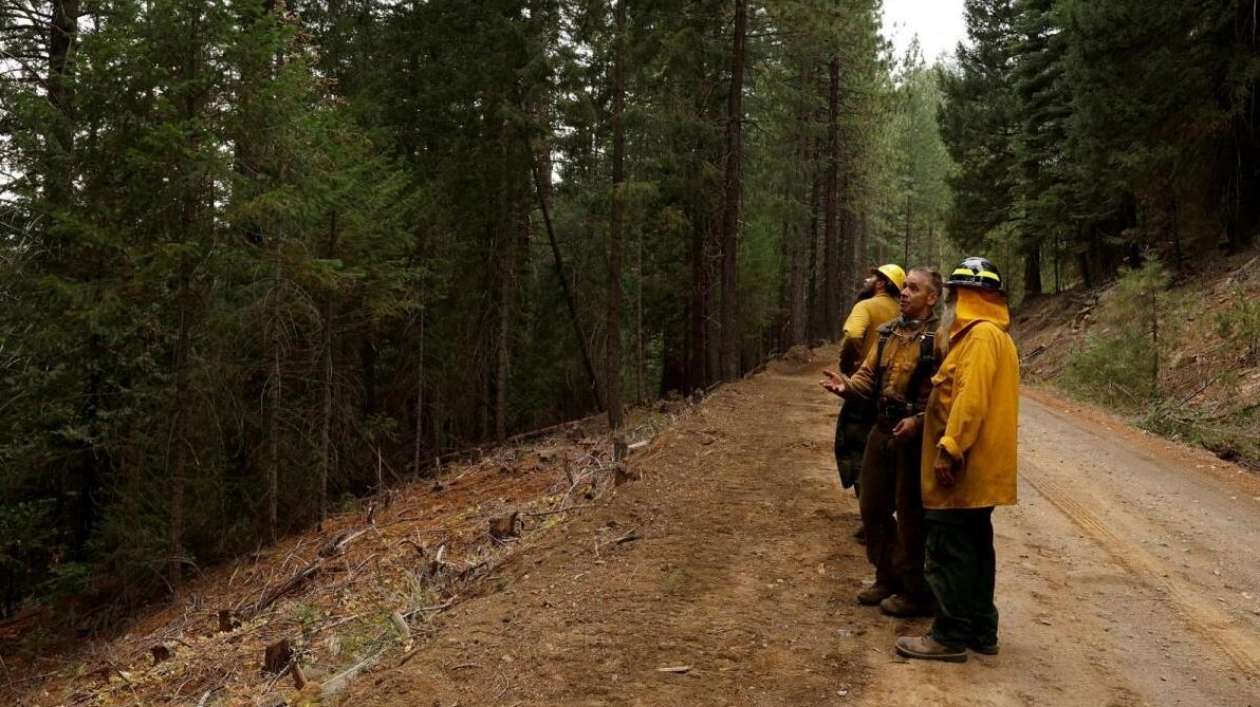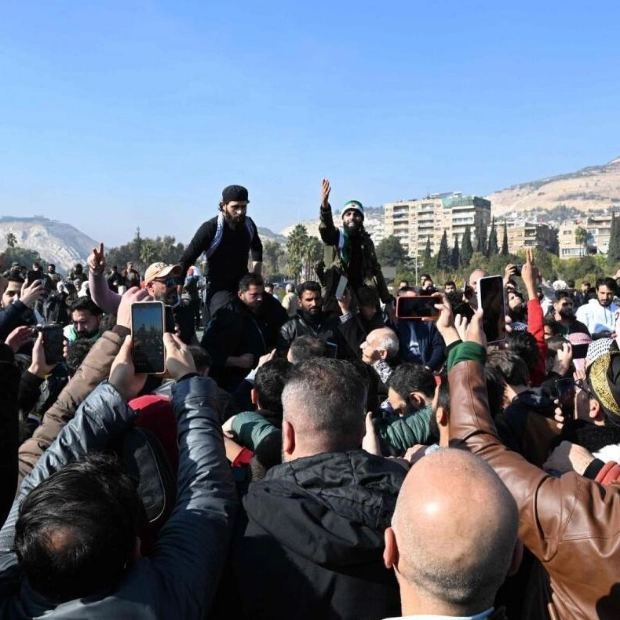Over 6,000 firefighters in California's Central Valley were still fighting the biggest fire in the U.S. on Saturday, marking it as the state's fourth-largest wildfire ever recorded. Forecasters noted that Saturday saw minimal rainfall from thunderstorms, with wind and rainfall ranging from none to just one-tenth of an inch. The weather conditions were harsh, with temperatures reaching 100 degrees Fahrenheit (38 Celsius) and winds gusting up to 25 mph or more in certain areas, providing little respite for the firefighters battling the Park Fire. This fire, which is burning in the wilderness about 100 miles (161 km) north of Sacramento, the state capital, has been exacerbated by strong downdrafts from thunderstorms, according to Christopher Young, a spokesperson for the California Department of Forestry and Fire Protection, known as Cal Fire.
The Park Fire, allegedly started by an arsonist who pushed a burning car into a 60-foot gully near Chico, California, on July 24, has burned over 400,000 acres (162,200 hectares), or more than 600 square miles, an area larger than the city of Los Angeles. The 42-year-old suspect, who has been arrested, has not yet entered a plea but is charged with arson and held without bail. Since the fire began 11 days ago, it has destroyed over 560 homes and other structures, fueled by fallen timber and extremely dry grass and brush. As of Saturday, the fire was 27% contained.
More than 4,000 people were evacuated due to the Park Fire, including retiree Jim Young, 65, of Red Bluff, California, who lived in a trailer home with his black Labrador Retriever, Sparky. Young and Sparky spent the last eight days with other families in a gravel lot at a wilderness trailhead about 6 miles from their home, uncertain about their safety. On Saturday evening, Young learned that they could return home as their property was safe. The rugged wilderness terrain makes it a challenge to reach the fire lines, often taking two to three hours. Some firefighters are being transported by helicopters to the front lines and are expected to stay there for several days with supplies also airlifted in. The intense start to the national wildfire season has heightened the risk of overstretching firefighting resources. The National Interagency Fire Center has already sought assistance from Australian and New Zealand firefighters, who are scheduled to arrive starting August 7 and will be deployed to Oregon and Washington.






